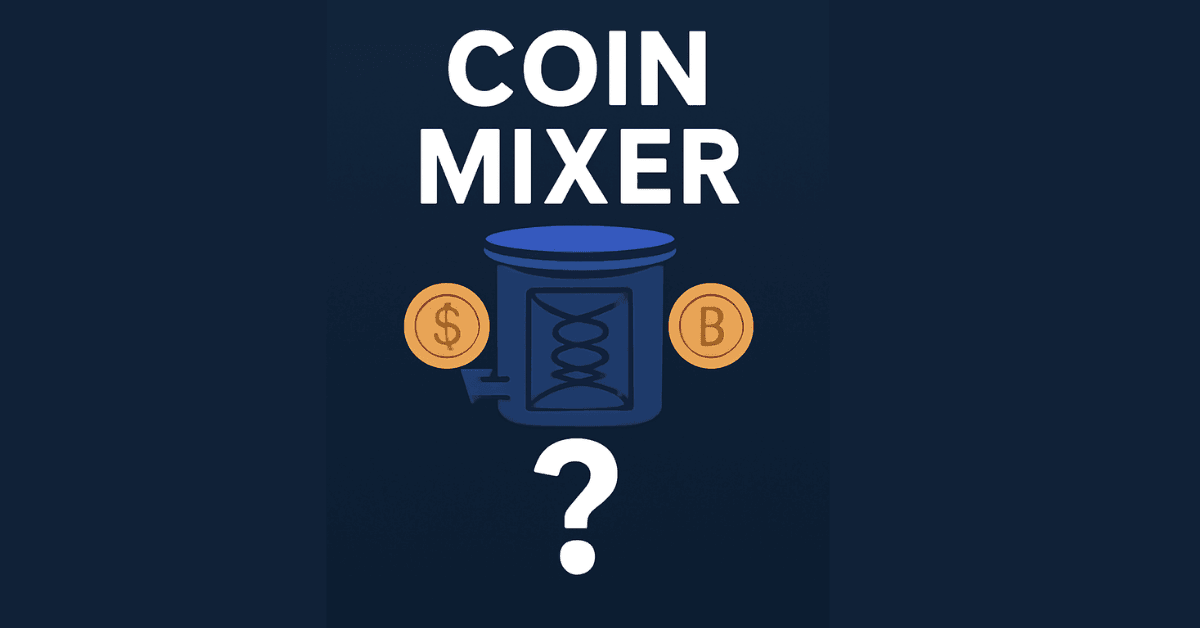
Coin Mixer: Security Tool or Illegal?
1. What is a Coin Mixer?
A coin mixer is a service that shuffles users' transactions with other transactions to obscure the origin of assets and make them harder to trace on-chain. For example, when a user with 1 ETH uses a coin mixer to send it to another wallet, the receiving wallet still gets 1 ETH, but its origin is completely different from the initial one.
Coin mixers are often used by large entities like businesses and investment funds to anonymize transactions, create "false evidence" on the blockchain, and make it difficult for others to predict future actions.
However, coin mixers have caused controversy as they are also used for illicit activities like money laundering from cyberattacks on other protocols. According to Chainalysis, 25% of the funds in coin mixers come from cybercriminal wallets.
2. How Coin Mixers Work
There are two types of coin mixers:
- Centralized: All transactions are managed by a third party.
- Decentralized: Transactions are conducted through smart contracts.
Both types follow a similar mechanism. For example, when person A sends money to person B, and person C sends money to person D via a coin mixer, the result is that person D receives money from person A and person B receives money from person C, even though the origin of the funds has been altered.
Steps in a coin mixer transaction:
- Deposit Assets: Users deposit assets into the protocol.
- Break Down Assets: The coin mixer breaks the assets into smaller units.
- Mix Assets: The assets are mixed with others in the system.
- Obfuscate Assets: Tracing the origin of assets is concealed through various methods.
- Complete the Transaction: The assets are sent to the user's requested wallet, and tracing the transaction becomes almost impossible.
3. The Dangers of Coin Mixers
Although coin mixers are supported by many organizations, they still pose significant risks, especially in helping criminal and terrorist activities to launder money.
Risks of coin mixers include:
- Legal Violations: Coin mixers can violate anti-money laundering laws, particularly in countries with strong legal frameworks like the European Union.
- Risk of Losing Assets: Exploits in coin mixer smart contracts could lead to asset loss, and attackers may exploit this to steal users' funds.
4. Frequently Asked Questions about Coin Mixers
Are Coin Mixers and CoinJoin the Same?
CoinJoin is a term similar to coin mixers, which allows individuals to mix their assets with others, making it impossible to trace the origin of the funds.
Is Coin Mixing Illegal in Vietnam?
The legal framework for coin mixers in Vietnam is still unclear, but using them for money laundering may lead to investigation and legal consequences.